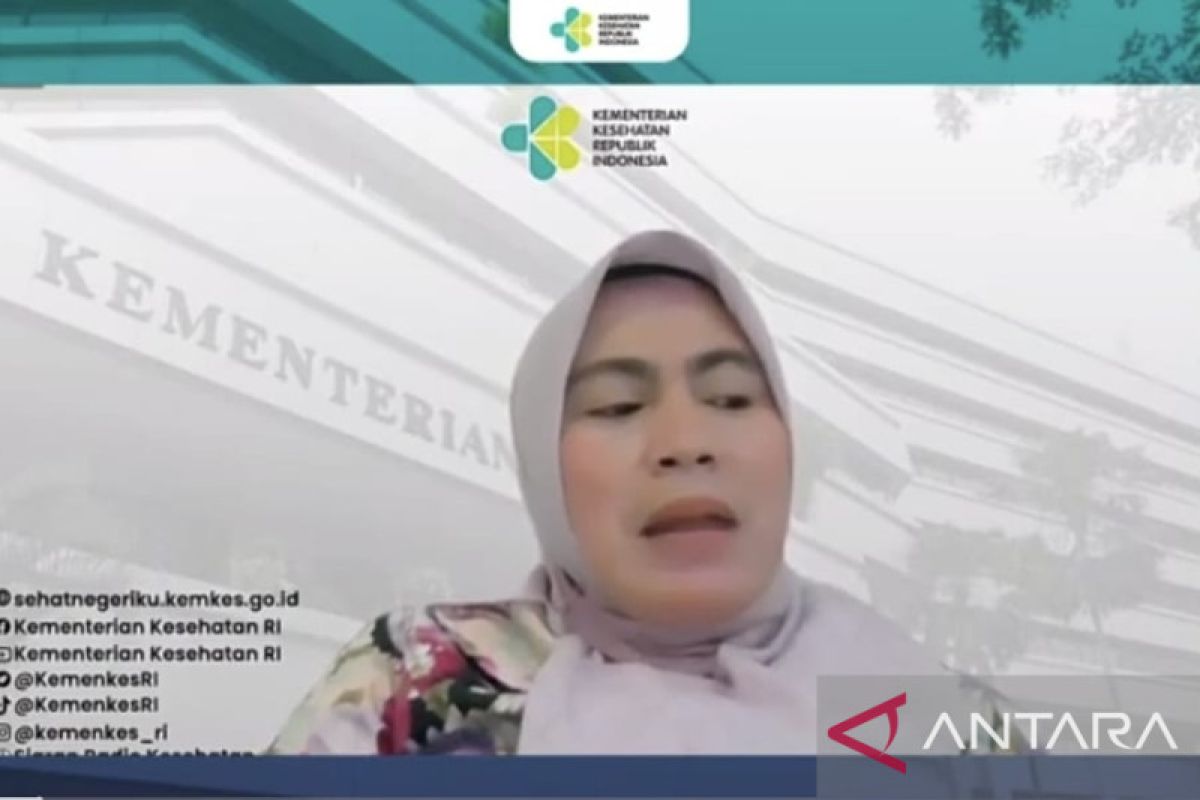Hearing impairment is the fourth-highest cause of disability at the global levelJakarta (ANTARA) - Hearing loss is a serious problem at the global level that needs to be anticipated in Indonesia by building public awareness to support early detection, an official from the Health Ministry has said.
"Hearing impairment is the fourth-highest cause of disability at the global level. It can disrupt cognitive, psychological, and social development that affects low human resource quality and (lead to) a decreased competitiveness at the global level," the ministry's Director for Non-communicable Disease Control, Eva Susanti, informed at a press conference on the 2023 World Hearing Day in Jakarta on Wednesday.
The 2021 World Report On Hearing pegged the number of people with hearing loss globally at around 1.5 billion, with as many as 430 million requiring rehabilitation for bilateral hearing loss, she noted.
Without intensive management, it is estimated that around 2.5 billion people in the world will experience hearing loss by 2050. Around 700 people are estimated to need rehabilitation and hearing aids, Susanti added.
According to her, nearly 80 percent of people with hearing loss live in countries with lower- to middle-income levels.
"The global prevalence of moderate to severe hearing loss increases with age," she said.
She highlighted that around 60 percent of hearing loss can be prevented through early detection at health facilities.
"Early detection and protection through hearing aids are needed. If the case is found early, hearing problems can be treated according to indications and through rehabilitation with hearing aids," she said.
One of the popular hearing aids is a rehabilitative therapy cochlear implant, which can be implanted into a patient's head cavity, she added.
“Cochlear (implant) is a solution that can ensure people with hearing loss have the opportunity to fulfill their potential," she said.
On the same occasion, general chair of the Indonesian Association of Ear, Nose, and Throat, Head and Neck Surgeons (PERHATI-KL), Yussy Afriani Dewi, said that the main causes of hearing loss include congenital deafness, congestive hearing loss, deafness due to noise, hearing loss in old age, and earwax.
"Hearing problems must be recognized as early as possible because 60 percent of the cases are caused by factors that can be prevented through identification and screening at all age stages," Dewi added.
However, a number of challenges are still being faced in hearing loss early detection, including limited access to appropriate information, growing stigma in society, limited community access to health service centers, and lack of ear and hearing health programs in the national health system, she disclosed.
"In addition, there are limitations in the number and distribution of (available) human resources, especially ear, nose, and throat (ENT) specialists, audiologists, and speech therapists," she added.
She then outlined efforts that can be carried out by the community to prevent hearing loss, such as going for periodic hearing loss checks, avoiding exposure to noise, avoiding taking medication over a long time without consulting a doctor, avoiding cleaning own ears by scraping, and avoiding listening with earphones at loud volume and for a long duration.
World Hearing Day is celebrated every March 3 to support the global commitment to preventing and eliminating hearing loss. Its commemoration aims to improve the quality of life in people with hearing loss. The national theme for World Hearing Day this year is “Healthy Ears and Hearing for All.”
Related news: Hearing aid supply fails to meet global needs: Health Ministry
Related news: Transforming referral health services to handle rising NCD cases: govt
Related news: Diagnosis quality can improve rare disorder treatment: minister
Translator: Andi Firdaus, Resinta S
Editor: Sri Haryati
Copyright © ANTARA 2023












